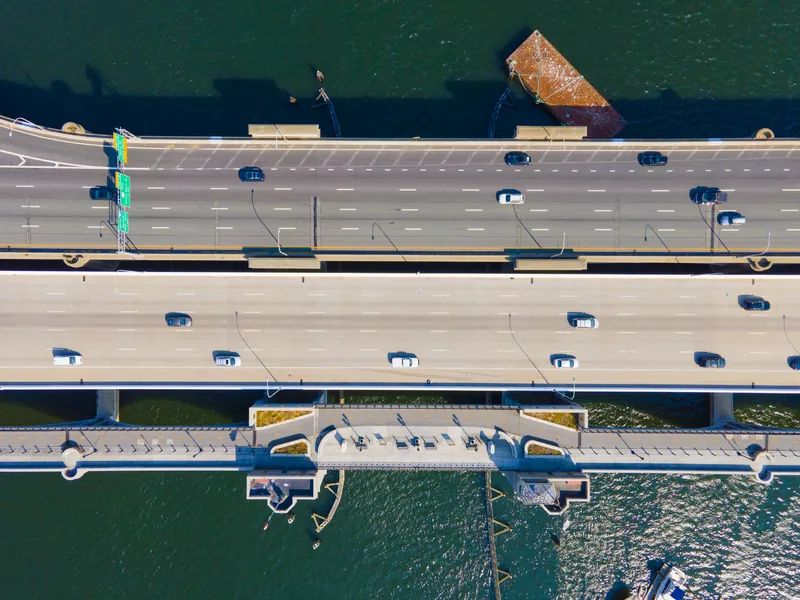The tag uses radio frequency identification (RFID) technology at highway toll zones, and is manually activated and deactivated using a switch device.
The PTAB agreed with Kapsch’s arguments that Neology’s claims for its product were “unpatentable and invalid”.
The decision reinforces a ruling last October by the International Trade Commission, which found Kapsch did not violate any other Neology patent assertions on several of its other RFID patents related to the 6C RFID protocol (the ‘6C Standard’).
“The 6C Standard is and should remain an open communications protocol,” said Chris Murray, president of Kapsch TrafficCom North America. “We applaud the PTAB’s recent decision, and will continue to support open protocol standards, which will facilitate national interoperability requirements by providing access to those who wish to implement various toll technology specifications.”
Kapsch triumphs in Neology patent dispute
Kapsch TrafficCom is celebrating after a landmark patent decision went in its favour. The US Patent Trial and Appeal Board (PTAB) has agreed with the company that Neology cannot patent technologies in its 6C switchable tolling tag. The tag uses radio frequency identification (RFID) technology at highway toll zones, and is manually activated and deactivated using a switch device. The PTAB agreed with Kapsch’s arguments that Neology’s claims for its product were “unpatentable and invalid”. The decision reinf
May 9, 2018
Read time: 2 mins








